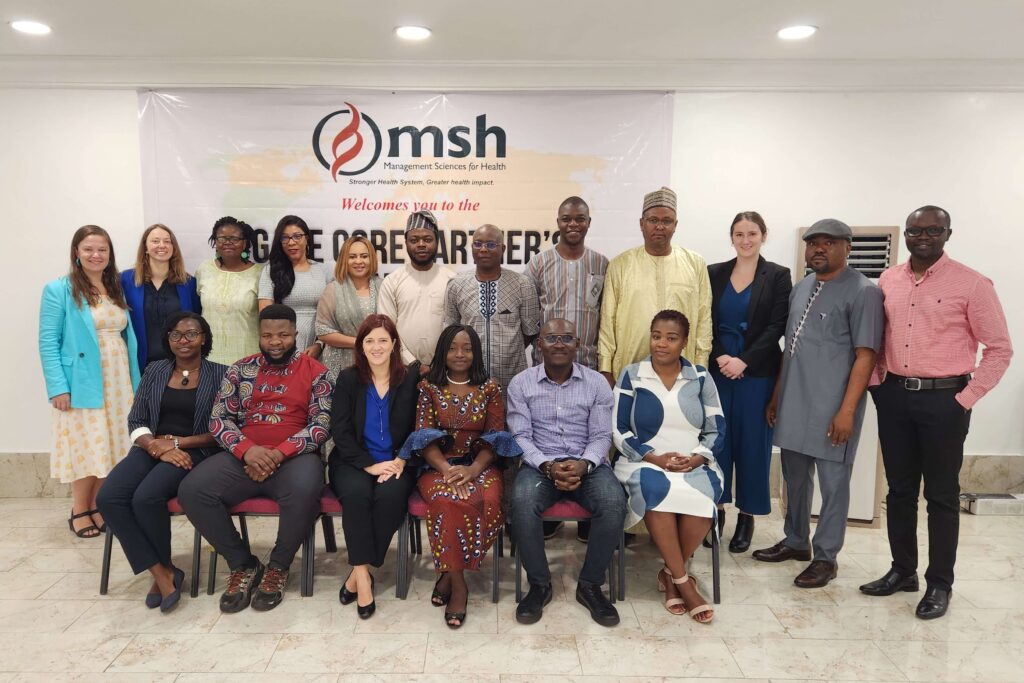Africa’s Progress Against Tobacco: The Impact of TOPAFA
Africa’s Progress Against Tobacco: The Impact of TOPAFA
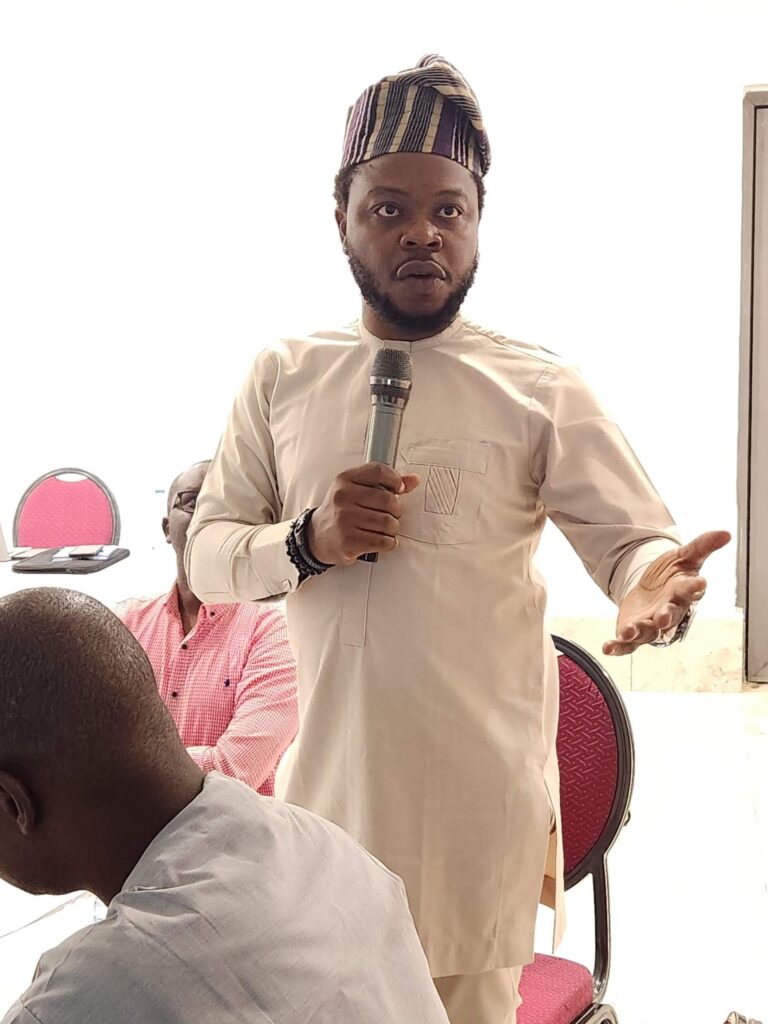
In October 2023, representatives from eight African countries—Chad, Côte d’Ivoire, Democratic Republic of Congo, Senegal, Uganda, Nigeria, The Gambia, and Ethiopia—alongside experts from the Bill and Melinda Gates Foundation, the World Health Organization (WHO), and the Campaign for Tobacco Free Kids gathered for the Tobacco Policy Action Fund for Africa (TOPAFA) learning lab.
TOPAFA has played a crucial role in implementing tobacco control policies and addressing funding gaps in African countries that have passed the WHO-Framework Convention on Tobacco Control compliant legislation. During the learning lab, participants highlighted a need for long-term sustainable funding mechanisms to ensure continued progress in the fight against tobacco in Africa.
“These learnings illuminate Africa’s path forward in tobacco control,” says Micheal Adegbe, the TOPAFA project Fund Manager. “Tobacco remains a pressing public health menace, inflicting a myriad of health ailments and imposing a hefty economic toll on the continent.”
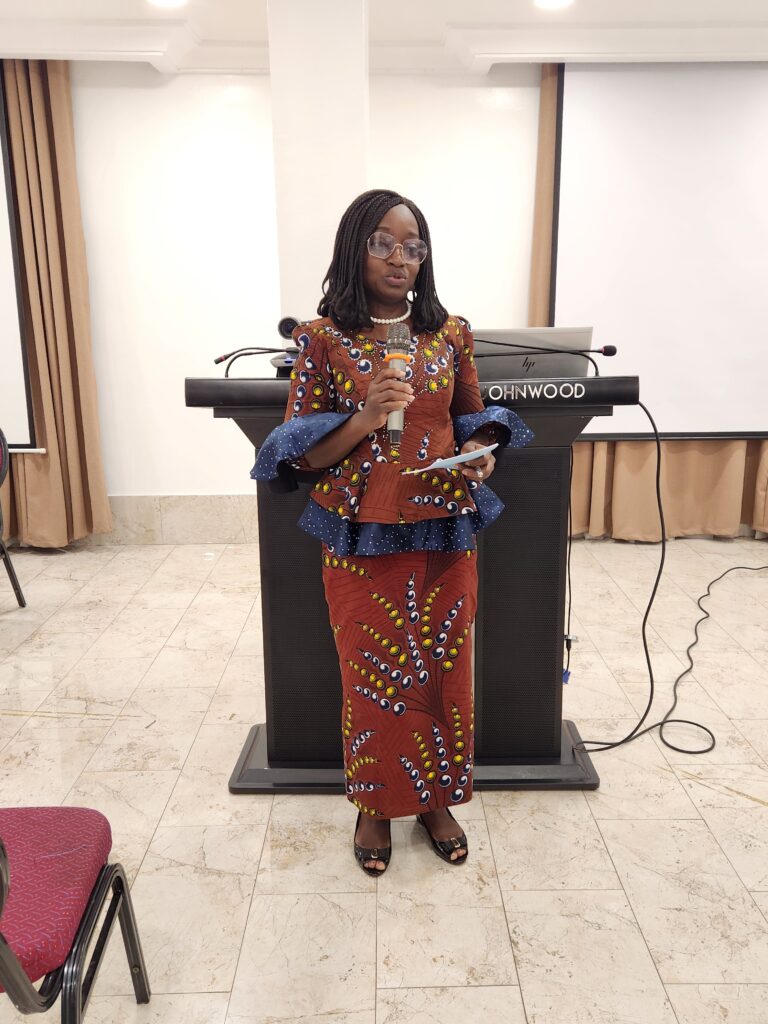
National successes and challenges
The learning lab served as a platform for nations to highlight their progress in tackling tobacco use domestically. Through discussions, countries showcased various successes, including new policies and effective public awareness efforts. These collective achievements underscored the momentum in Africa’s ongoing battle against tobacco consumption.
Nigeria
Nigeria has implemented several tobacco control measures, including creating awareness through radio jingles in select states (Kano, Lagos, and the Federal Capital Territory), graphic health warnings in line with the National Tobacco Control Act and Regulations, sales prohibition to minors, and restrictions on single-stick sales to minors. The country has also trained law enforcement officials and conducted joint enforcement activities across regions, with a finalized policy document for National Tobacco Control enforcement.
Despite challenges posed by its large population, Nigeria is increasing efforts with support from external partners like Management Sciences for Health (MSH) and WHO. Bureaucratic hurdles are being addressed to enhance policy implementation, alongside efforts to update data for evidence-based decisions.
Future plans include retraining law enforcers, monitoring compliance with graphic health warnings, strengthening enforcement in states, reviewing policies and regulations, and addressing emerging tobacco/nicotine products.
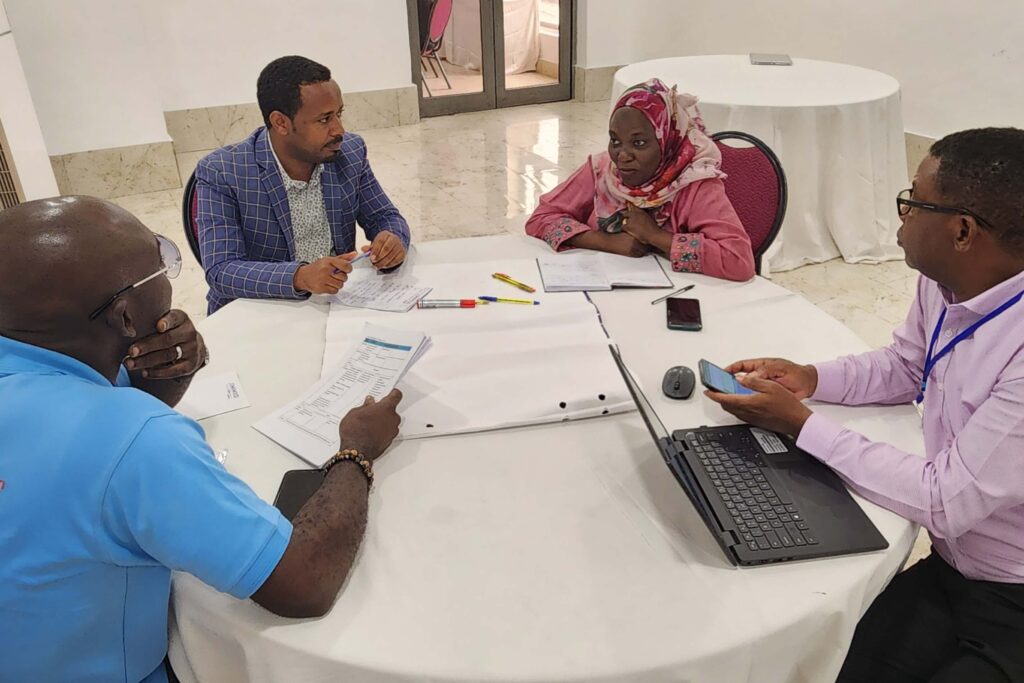
Ethiopia
In Ethiopia, the project facilitated the inspection of 1,000 shops and facilities for compliance with graphic health warnings. An awareness campaign was launched through four media spots in regional languages to inform the public about smoke-free laws. Additionally, 95 enforcement staff and key stakeholders in the project regions received training, and 7,000 “no smoking” signs were designed, printed, and distributed in regional languages.
Challenges include the busy schedules of key officials, budget constraints, a shortage of enforcement personnel, security issues in some regions, and the need for enhanced monitoring of compliance with the policy on 100% smoke-free environments and use of “no smoking” signs.
The Gambia
The Gambia has made strides in regulating tobacco products, conducting public awareness campaigns, enforcing 100% smoke-free environments in public spaces, capacity building, implementing graphic health warnings, and restricting tobacco advertising.
Despite challenges, the focus remains on sustaining and advancing tobacco control efforts with support from MSH to catalyze tobacco control funding as a priority for the government.
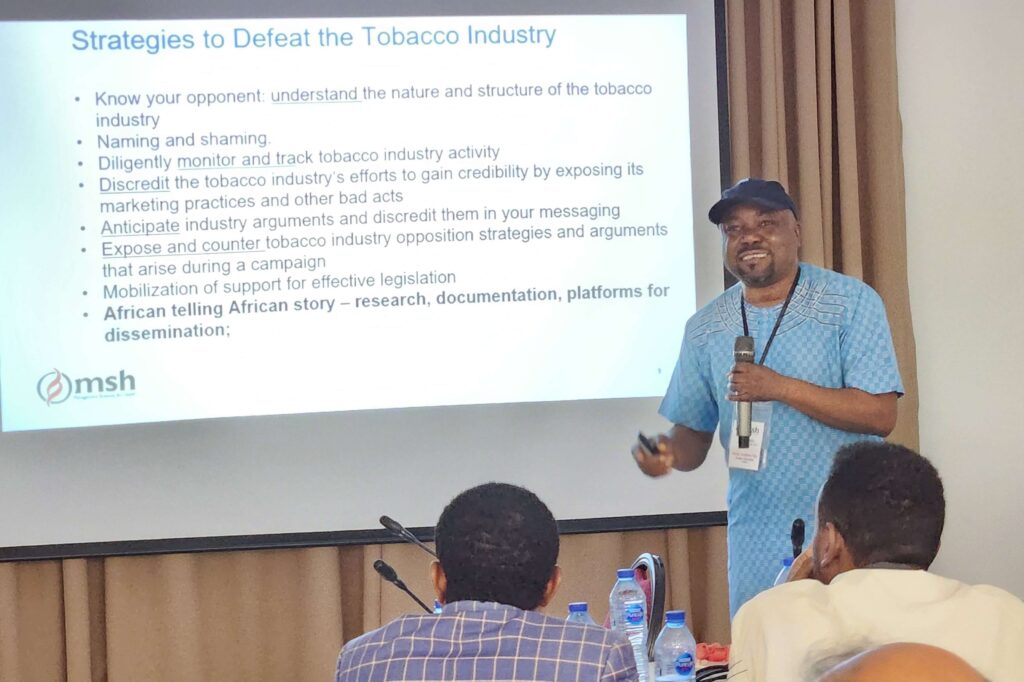
Senegal
Senegal established a consultation framework and created the “Comité National de Lutte contre le Tabac” (National Committee for Tobacco Control) to facilitate collaboration and decision-making regarding tobacco control. A road map has been developed to advocate for increased tobacco product taxes, accompanied by revenue simulations.
Uganda
In Uganda, the project trained enforcement officers in four regions and also educated teachers and student leaders to form school clubs, seen as vital agents of change. Campaigns targeting technical and political leaders garnered active support for tobacco control. Compliance with tobacco control regulations increased from 50% to over 75% in the four regions. While awareness of the Tobacco Control Act has grown, challenges persist, including skepticism toward certain provisions, high levels of corruption in some areas, and the risky nighttime enforcement of smoke-free initiatives.
Democratic Republic of Congo
In the Democratic Republic of Congo, a significant progression was the development of the project implementation plan and the popularization of Order No. 1250/041/2022, which prohibits smoking in public places and tobacco promotion.
Compelling messages and materials have been produced to raise awareness of non-smoking public spaces, resulting in the creation of 100 such areas, and the broadcast of informative radio spots in Kinshasa, Kongo Central, and Haut Katanga.
A working group has been established to enforce the ban on tobacco promotion and sponsorship in Kinshasa, with coordination efforts involving transport services, universities, and public schools to ensure effective implementation of smoking laws in public places.
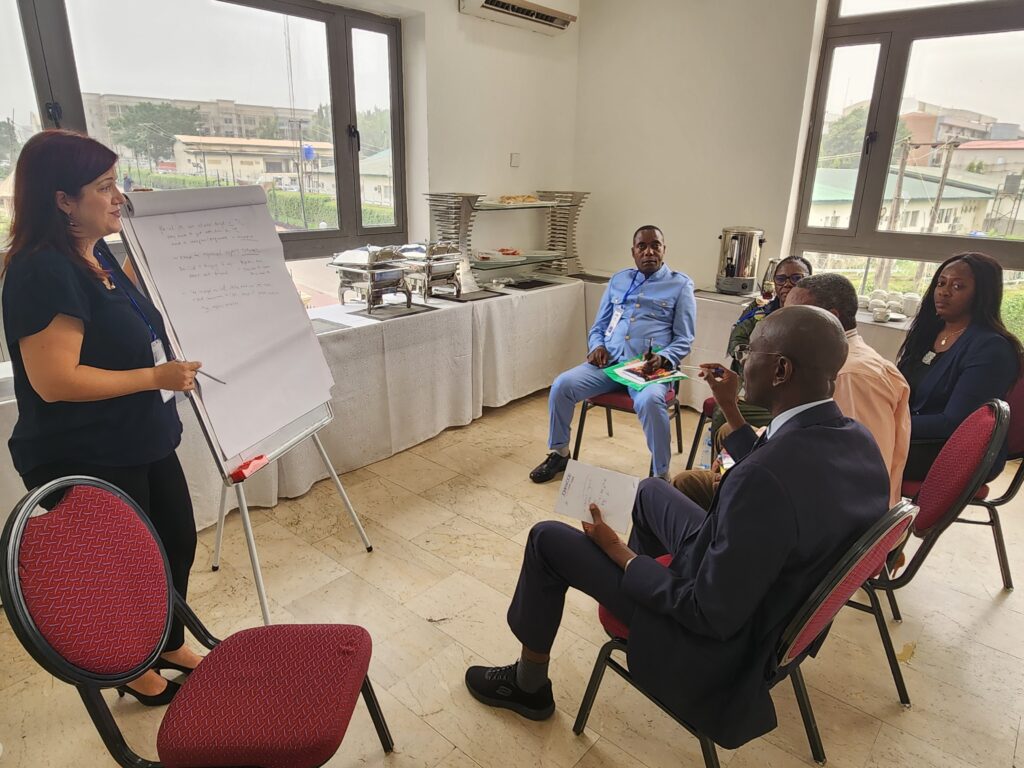
Chad
In Chad, efforts to reduce tobacco consumption and exposure to second-hand smoke in 100% smoke-free environments has been successful. Approximately 60% of the planned 150 public spaces, including schools and institutions, are now declared 100% tobacco smoke-free. In N’Djamena province, cigarette butts in courtyards were reduced by 66% and the smell of cigarettes in offices and corridors was reduced significantly.
Additionally, the project successfully trained 138 focal points in tobacco control and educated 90 individuals from various government departments and civil society organizations on health warnings and risks associated with tobacco exposure. Notably, tobacco control has been decentralized in three major cities, involving teachers and students in monitoring non-smoking areas.
However, challenges remain, including insufficient communication materials, the proliferation of cigarettes without health warnings, and difficulties protecting signage in schools and universities.
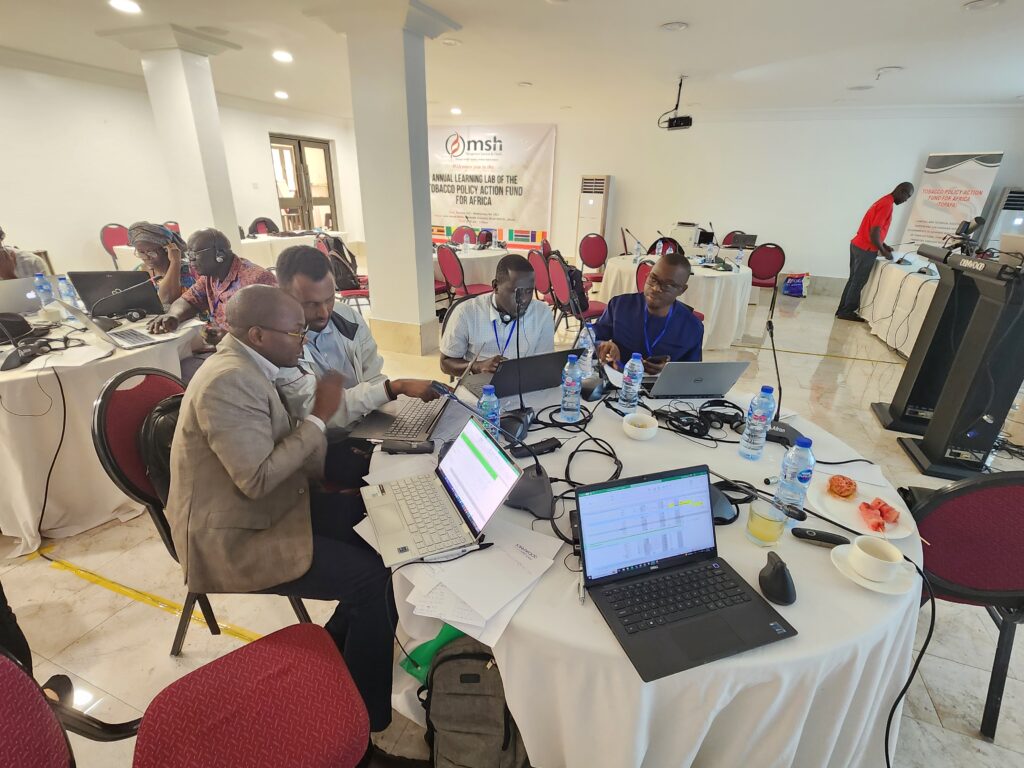
The future ahead
“These lessons highlight where Africa stands in the fight against tobacco,” says Adegbe. “It’s clear: tobacco is still a big problem, causing health issues and costing Africa money.”
He adds: “TOPAFA is pushing countries forward in tobacco control by putting policies into action. But the project can’t do it alone. The project is helping with funding short-term gaps so governments can use the systems and skills they’ve built to keep the momentum going. Still, there’s a big problem of limited resources, inadequate budgetary allocations, and funding mechanisms holding back progress in the region.”
TOPAFA has been vital in kickstarting tobacco control policies and filling funding gaps in 10 African countries. But for lasting progress, countries must secure sustainable funding. Collaboration with civil society is crucial to tackle bureaucracy and boost tobacco control efforts.
